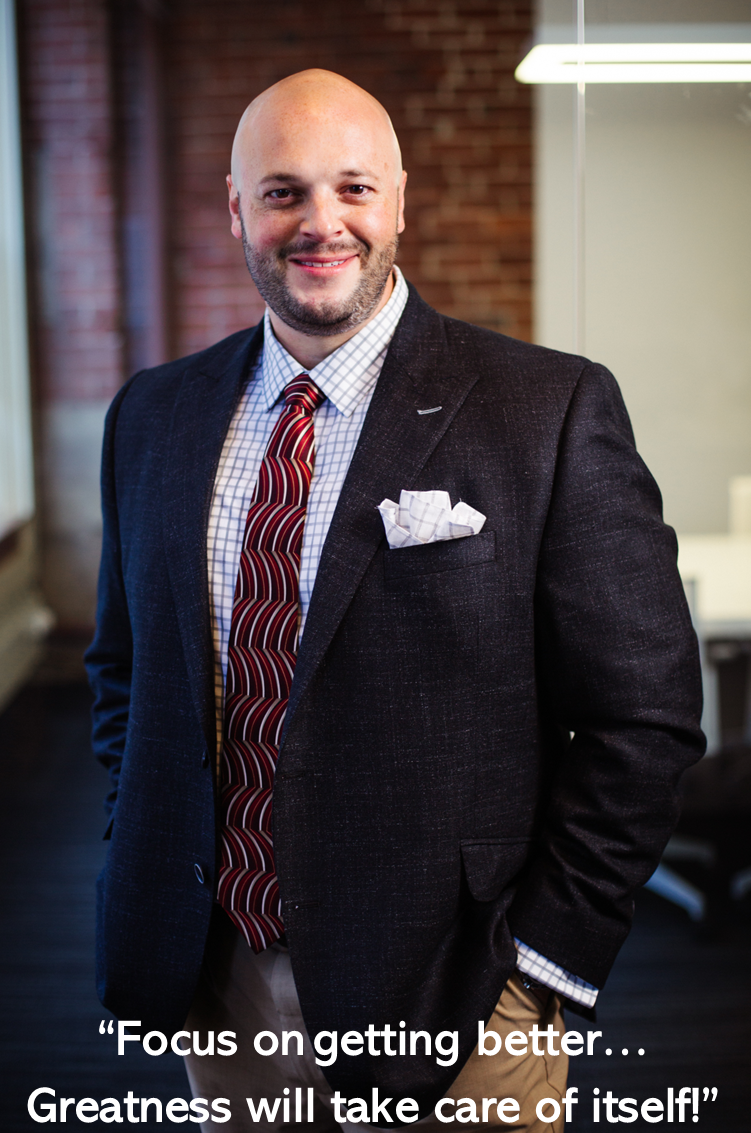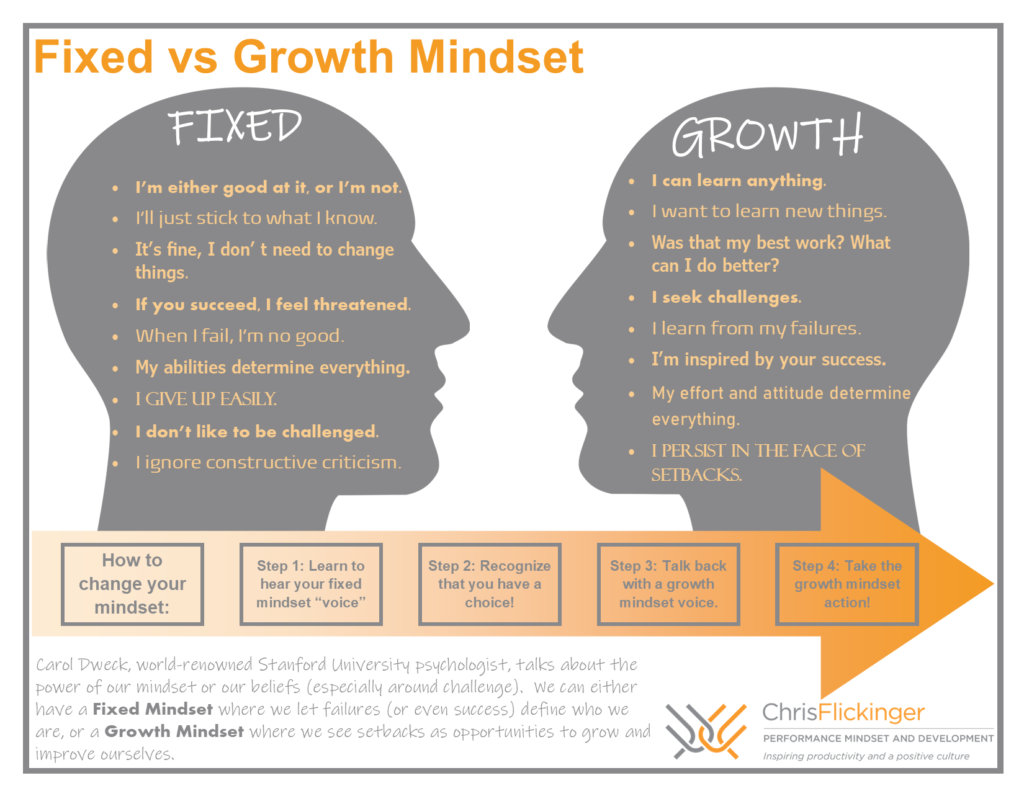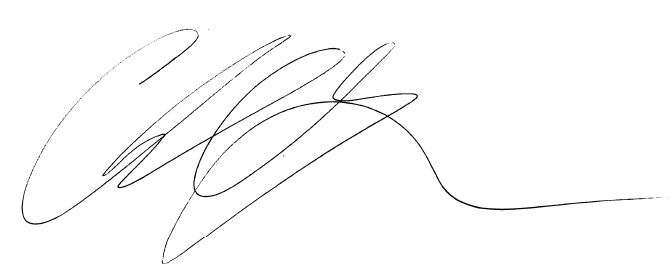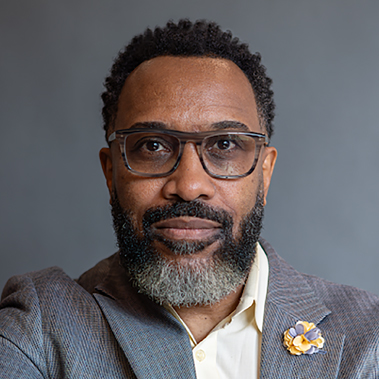 Who’s the greatest among you? Let’s face it, you ask this question — in fact, we all ask this question – either brazenly aloud or bashfully within our own minds. You and I both know there’s a pecking order in life – actually, there’s more than just one. They’re everywhere and they stir up a host of reactions: who’s the best mom, who has the nicest house, better job, higher salary, coolest car, whose kid is more athletic, who has the better career, more talent, more potential, better body, etc.
Who’s the greatest among you? Let’s face it, you ask this question — in fact, we all ask this question – either brazenly aloud or bashfully within our own minds. You and I both know there’s a pecking order in life – actually, there’s more than just one. They’re everywhere and they stir up a host of reactions: who’s the best mom, who has the nicest house, better job, higher salary, coolest car, whose kid is more athletic, who has the better career, more talent, more potential, better body, etc.
If you’re the least bit driven and ambitious, there’s likely a voice inside your head persistently asking, “Who is the greatest among you”. The more competitive you are, the more you probably enjoy ranking yourself against others — especially if you’re near the top of the list. It helps you stay sharp, “up your game” and strive to win. But, then again, maybe you don’t have this competitive drive, this win, win, win mindset. Perhaps you don’t enjoy thinking about life as a competitive “game.” It’s too much drama, too much pressure and it’s not important. And maybe, you’re perfectly fine with just being a participant — certainly not a top performer.
But, the truth is – and I have the scientific, empirically tested proof – both of these approaches are wrong! Okay, “wrong” isn’t technically the correct term, “grossly misguided” is more on target. And here’s the worst part, whichever strategy you lean more towards is costing you tremendously! So if you’re someone who wants to be the leader of the pack or — conversely — someone who tries to avoid the pressure of this pack-leader mentality, then this article (and study) is specifically for you because you’re both actually losing more than you need to — and should be.
These are the findings of a new, major research study conducted by my team of performance experts and recently published by the Journal of Leadership Education (JOLE). The long and short of this study — and the answer to this blog post’s title – is that the greatest among you is likely the person who’s not consumed by the question to begin with!
My team – and our clients — are sprinkled across this competitive spectrum and they have drastically improved their overall satisfaction at work and home as a result of this study. Perhaps it can do the same for you and your team.
“But, how can someone become the greatest if they never plan or work for it?” Wait! That’s not what I said. “How can someone who never thinks of becoming great just happen to become great?” Again, that’s not what I said, nor is it what the study results show.
The Challenge:
Over time, I noticed a common, recurring challenge among my clients (and myself): the perfectionist mindset of current and aspiring leaders. Then I noticed among a sizable amount of clients there existed a certain doubt that leadership could even be ‘taught’. Their stance was simple and absolute; you either have it (the leadership X factor) or you don’t. So, my organization sought to find out the truth. We invited and then partnered with other experts in the field of performance psychology to determine who – with all platitudes and positive thinking aside – can be a leader.
As for, who among us is the greatest, the pack leader; and, the one who could ever consider being in such a leading position, the answer may surprise you. We’ve all seen different types of leaders, superstars, and personalities rise to the top on the ball field, in business, or around the neighborhood. But, if you think the alpha types have a lock on the top spot, you’re mistaken. Bravado aside – the alphas often burden themselves with unnecessary pressure and angst that results in them under performing. As for the non-alpha types who struggle with competitive settings, it’s not necessarily due to a lack of skill or talent, but rather a misunderstanding of “mental toughness” and a misperception of the competition at hand.
Most of you reading this are not professional athletes, so let the term “leader” and “leadership” that follows in this post be thought of in terms of your individual performance. If you want to excel and become a leader – a subject matter expert, influencer, or corporate officer – what mindset will best promote that trajectory? If you are in a leadership position but recognize the pressure and competitiveness of the role plagues you – from health to home to burn-out – how can you adjust your mindset to stay on top without toppling? These are the types of questions and challenges we sought to find answers to in our research study.
In the coming months, we are excited to share the unique findings within this study and how you can learn and use them in everyday life. Furthermore, this study is part of a larger project our team is undertaking that puts real-life faces and stories to these scientific findings and the pursuit of the performance mindset. Below is a brief abstract of the study; the full academic findings can be reviewed here: Development of a Leadership Mindset Scale
The Study’s Approach:
We noticed that many leaders – myself included – have high expectations for themselves (want to be among the greatest) but when they stop obsessing over their success, a strange occurrence results. They become more successful! Because of this observation, my team became interested in exploring Carol Dweck’s “Growth Mindset” as it pertains to leadership. We were curious about what other attributes may correspond. We also wanted to find out if leaders who have unrealistic and rigid mindsets – a “Fixed Mindset” – hinder themselves and their teams from achieving their goals.
So, to this end, we developed a unique set of leadership traits to test. We called this batch of characteristics a “leadership mindset” — a mental toughness that sets apart the greatest among us from the rest.
We developed a simple test, a questionnaire to examine whether employees’ views of great leadership were “fixed” or “malleable”
- Fixed – Trait Like – Cannot be successfully learned
- Malleable – Trainable – Can be Taught
We built off of Carol Dweck’s theory of a growth mindset and were out to see if leaders are born with a leadership mindset or if it can be developed over time through training – both our concept and Dweck’s Growth Mindset are centered on the belief that mindset and talent can be developed through dedication, hard work, and support.
To determine the crucial characteristics of our “Leadership Mindset,” we asked 100+ leaders in a variety of industries and regions across several states to take part in our study. Participants completed a lengthy survey. Rigorous statistical analysis and procedures were then used to verify the results to see what attributes could correlate with this idea of a “Leadership Mindset.”
Basic Findings:
 Our study supports the notion that leaders are created, not necessarily born! And, the results indicate six elements are important for this Leadership Mindset. There’s a lot of depth to these six elements, but in short, here they are:
Our study supports the notion that leaders are created, not necessarily born! And, the results indicate six elements are important for this Leadership Mindset. There’s a lot of depth to these six elements, but in short, here they are:
- Developmental Leadership: Being an exemplary model, paying attention to the specific needs of others, and driving engagement and creativity through inspiration and motivation.
- Transactional Leadership: Includes close contact and day-to-day management.
- Grit: Passion and perseverance in pursuing long-term goals.
- Frustration Tolerance: The ability to maintain energy, enthusiasm, motivation, and interest after failing to receive an expected reward.
- Growth Mindset: the belief that basic qualities are things you can cultivate through your efforts. Everyone can change and grow through application and experience.
- Other-Oriented Perfectionism: The belief that it is important for others to strive for perfection. In the future, we will be sharing more about these elements and how they can be specifically applied to improve performance and leadership.
Main Takeaways & Impact:
- Our study results are promising and new to the leadership field.
- We successfully developed a 12-question survey that accurately measures a “Leadership Mindset” that we will use in our training and coaching solutions.
- We discovered six crucial elements that leaders must embrace in order to have a true “Leadership Mindset” and be considered among the greatest of their lot.
- We developed an original and accurate measurement tool to test current and aspiring leaders to determine exactly where they fall on the performance continuum. This allows us to pinpoint exactly where they require additional training and coaching.
- The results indicate that leadership can be taught to others, can be improved over time, and that a premature “picking” of leaders should come with extreme caution.
- Anyone can have a leadership mindset with the right training!
Next Steps:
This study is only the first step in a series of original and innovative research undertakings to help our clients improve productivity – all based on current empirical science and psychology.
We believe that with the proper training programs, we can help current and aspiring leaders grow their mindsets around leadership, ultimately leading to more productivity and results – for themselves and their employees.
If you want to learn more about how our training programs use this research to ensure success, reach out to our team for more information!















0 Comments